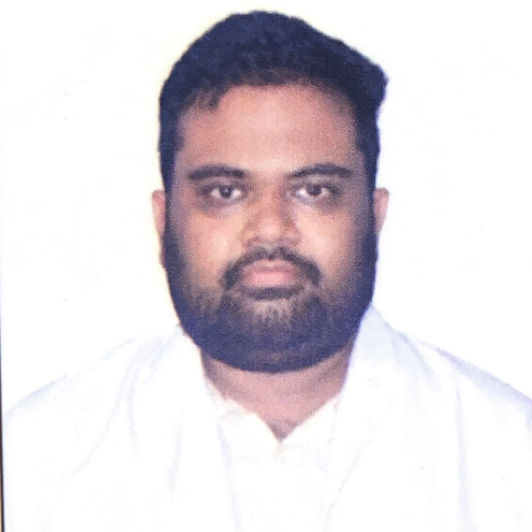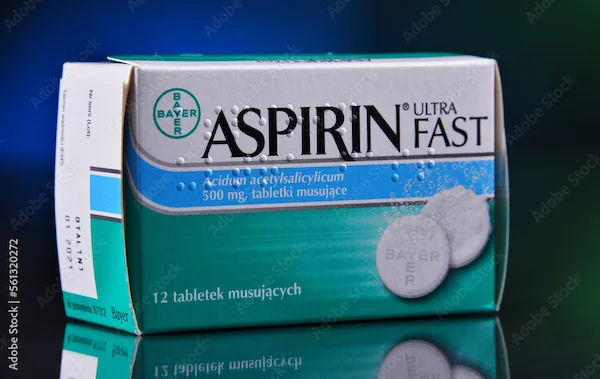Understanding Stress Tests and Their Implications
Learn everything about stress tests, what they are, why they're done, how to prepare, and what the results mean. Understand how stress testing can help detect hidden heart conditions and guide treatment.


Stress tests are important medical procedures that help doctors assess how well your heart functions under physical stress. Whether you’ve been advised to take one or are just curious about what it involves, this article will guide you through everything you need to know—what a stress test is, why it’s done, what to expect, and how to interpret the results.
What Is a Stress Test?
A stress test, also known as an exercise stress test or treadmill test, checks how your heart responds to physical activity. Since exercise makes your heart pump harder and faster, this test helps identify potential heart problems that may not be noticeable when you're at rest.
Types of Stress Tests
1. Exercise Stress Test (Treadmill Test): You walk or run on a treadmill while your heart rate, blood pressure, and ECG (electrocardiogram) are monitored.
2. Pharmacological (Chemical) Stress Test: If you can’t exercise, medication is given to simulate the effects of physical activity on your heart.
3. Nuclear Stress Test: A small amount of radioactive dye is injected to create images of blood flow to your heart before and after exercise.
4. Stress Echocardiogram: Combines an ultrasound of the heart with exercise to check how well your heart muscles function under stress.
Get Your Symptoms Checked now.
Why Is a Stress Test Done?
Your doctor may recommend a stress test if you:
• Experience chest pain, shortness of breath, dizziness, or irregular heartbeats.
• Have risk factors for heart disease (high blood pressure, diabetes, high cholesterol, smoking, or a family history).
• Are starting a new exercise program (especially if you have existing heart conditions).
• Need to evaluate the effectiveness of heart treatments (like medications or surgeries).
• Are recovering from a heart attack or heart procedure.
What to Expect During the Test?
Before the Test
• Avoid eating or drinking (except water) for 2-4 hours before the test.
• Wear comfortable clothing and shoes suitable for exercise.
• Inform your doctor about any medications you take—some may need to be paused.
During the Test
1. Preparation: Electrodes (small sticky patches) are placed on your chest to monitor your heart’s electrical activity. A blood pressure cuff is also attached.
2. Exercise Phase: You’ll start walking slowly on a treadmill, which gradually increases in speed and incline.
3. Monitoring: Your heart rate, blood pressure, and ECG readings are continuously checked.
4. End of Test: The test stops when you reach your target heart rate, feel too tired, or if any concerning symptoms (like chest pain) arise.
Consult Top Specialist
After the Test
• You can usually resume normal activities unless your doctor advises otherwise.
• The results will be analyzed, and your doctor will discuss them with you.
What Do the Results Mean?
• Normal Result: Your heart functions well under stress, with no signs of reduced blood flow or abnormal rhythms.
• Abnormal Result: May indicate blocked arteries, irregular heartbeats, or other heart conditions requiring further tests (like an angiogram).
How to Prepare for a Stress Test?
• Avoid caffeine and smoking 24 hours before the test, as they can affect heart rate.
• Discuss medications with your doctor—some (like beta-blockers) may need to be adjusted.
• Stay relaxed—anxiety can affect your heart rate.
Tips for a Healthy Heart
Since stress tests often detect heart-related issues, maintaining heart health is crucial. Here are some lifestyle tips:
• Exercise Regularly: Aim for 30 minutes of moderate activity (walking, swimming) most days.
• Eat a Heart-Healthy Diet: Include fruits, vegetables, whole grains, lean proteins, and healthy fats. Reduce salt, sugar, and processed foods.
• Manage Stress: Practice relaxation techniques like deep breathing, yoga, or meditation.
• Quit Smoking & Limit Alcohol: Both can harm your heart over time.
• Monitor Blood Pressure & Cholesterol: Keep them in check with regular check-ups.
When to See a Doctor?
If you experience:
• Chest pain or discomfort
• Unexplained shortness of breath
• Severe fatigue or dizziness
• Irregular heartbeats
…consult a doctor immediately. Early detection of heart problems can prevent serious complications.
Book a Stress Test with Apollo 24|7
If your doctor has recommended a stress test or if you have concerns about your heart health, Apollo 24|7 offers convenient and reliable testing options. You can easily book a consultation or schedule a stress test through the Apollo 24|7 app or website.
Final Thoughts
A stress test is a simple, non-invasive way to assess your heart’s health and detect potential issues early. If you’re at risk for heart disease or experiencing symptoms, don’t hesitate to discuss this test with your doctor.
Consult Top Specialist
Consult Top Specialist

Dr. Bulbul Biswas
General Practitioner
35 Years • MBBS, Diploma in Maternity and child welfare
Kolkata
HERSTEL CARE CLINIC, Kolkata

Dr. Pradeep Sankle
General Practitioner
17 Years • MBBS
Bhopal
Wellness Clinic., Bhopal

Dr. Naresh
General Practitioner
5 Years • MBBS
Chittoor
Dr. Naresh Clinic, Chittoor

Dr. Avinash Pasuparthy
General Practitioner
5 Years • MBBS
Visakhapatnam
Apollo Clinic Vizag, Visakhapatnam
Dr. Pradeep Kumar Upadhyay
General Practitioner
23 Years • MBBS, PGD(Geriatrics)
Vadodara
Divyaa Clinic, Vadodara
Consult Top Specialist

Dr. Bulbul Biswas
General Practitioner
35 Years • MBBS, Diploma in Maternity and child welfare
Kolkata
HERSTEL CARE CLINIC, Kolkata

Dr. Pradeep Sankle
General Practitioner
17 Years • MBBS
Bhopal
Wellness Clinic., Bhopal

Dr. Naresh
General Practitioner
5 Years • MBBS
Chittoor
Dr. Naresh Clinic, Chittoor

Dr. Avinash Pasuparthy
General Practitioner
5 Years • MBBS
Visakhapatnam
Apollo Clinic Vizag, Visakhapatnam
Dr. Pradeep Kumar Upadhyay
General Practitioner
23 Years • MBBS, PGD(Geriatrics)
Vadodara
Divyaa Clinic, Vadodara





